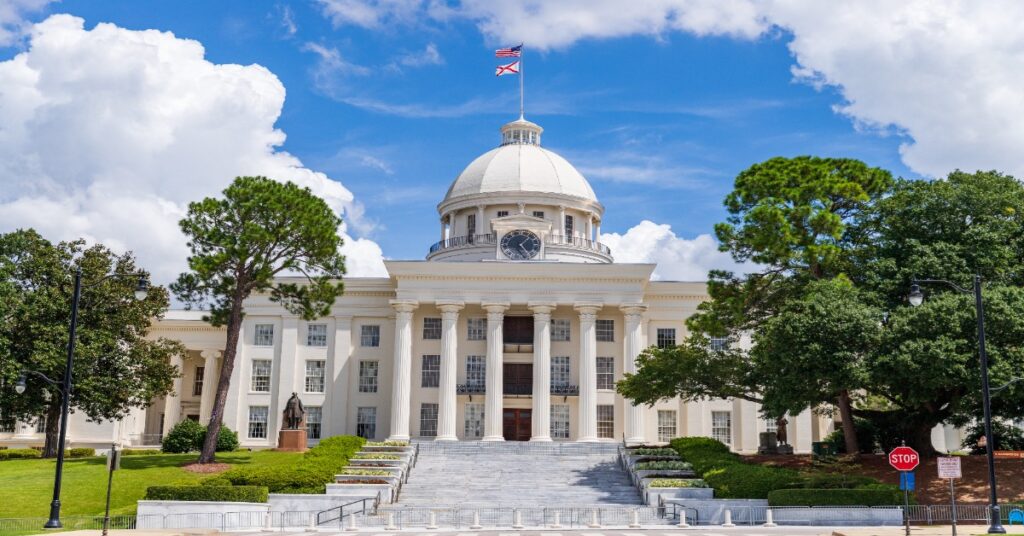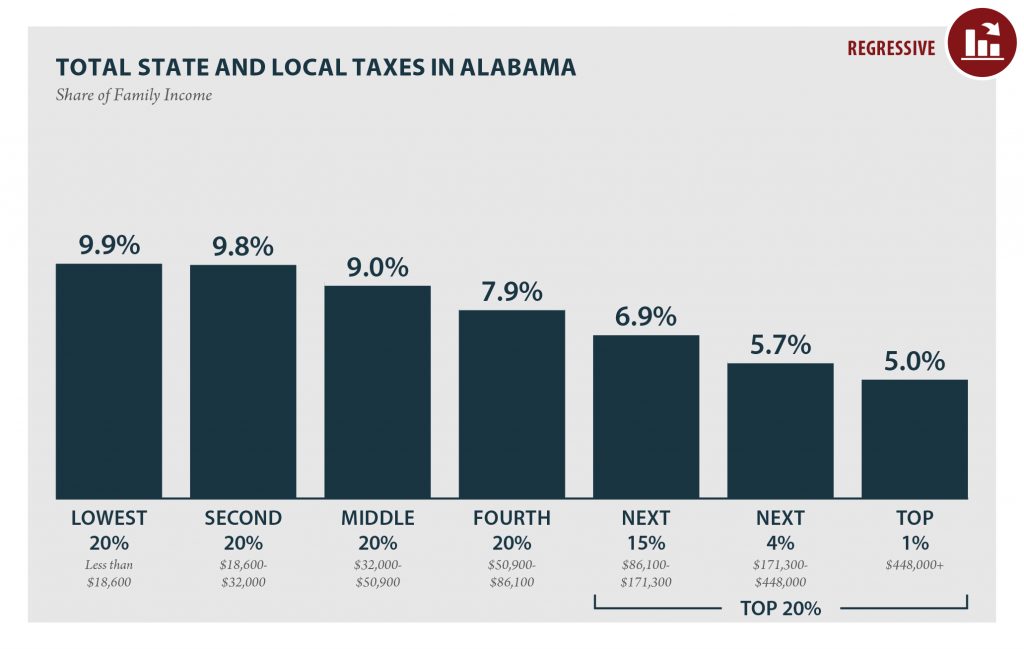Written by Ben Johnson
Nov. 5, 2013 5:26 PM
There are few states in the nation with as big a stake in immigration reform as Alabama. Immigrants make up a growing percent of Alabama’s population, and 4.6 percent of all business owners in Alabama are foreign-born.
The state has everything to gain from a smoothly functioning immigration system, and much to lose from a system that is not in tune with current economic and social realities.
The Senate passed immigration reform legislation (S. 744) months ago. An immigration reform bill has been introduced in the House, but the House leadership has yet to act on it. And so the fate of the 11 million unauthorized immigrants now living in the United States — 120,000 of whom call Alabama home — remains unresolved. The standard excuse for this inaction is that there are too many other high-priority items on the legislative agenda right now — so immigration reform will have to wait. But while Congress waits, dollars and lives are being lost.
Since the last major legislative effort to overhaul the U.S. immigration system in 1986, the federal government has spent an estimated $186.8 billion on immigration enforcement. There are now 18,516 Border Patrol agents deployed along the southwest border. Yet those billions of dollars and thousands of agents have not kept unauthorized immigrants out of the United States, nor persuaded them to leave, because the 1986 reforms failed to create legal channels of immigration that could keep up with the growth of U.S. labor demand. As a result, over the past two-and-a-half decades, the number of unauthorized immigrants in the United States has tripled.
What the enforcement spending spree has done is to waste taxpayer dollars while creating a slow-motion humanitarian catastrophe at the southwest border. Most dramatically, thousands of migrants have died over the past two decades while crossing the U.S.-Mexico border as they tried to reach jobs and family members in the United States. According to U.S. Border Patrol statistics, 5,570 migrants died along the southwest border from fiscal year 1998 to 2012.
Beyond the alleviation of this needless human suffering, there is also an element of economic self-interest to immigration reform. If the federal government had already created a legalization program for unauthorized immigrants now in the country, the U.S. economy — and the economy of Alabama — would have received a much-needed boost: more tax revenue, more consumer buying power and more jobs. The higher earning power of newly legalized workers would mean more than $4.5 billion in additional tax revenue as well as 750,000 to 900,000 jobs nationally. And according to a study by the Institute on Taxation and Economic Policy, unauthorized immigrants in Alabama already pay $118.1 million in state and local taxes. If they were able to acquire legal status, their wages would rise and their tax contribution would increase to $148.9 million.
However, all of these gains remain hypothetical as long as Congress continues to take its time pondering the possibility of enacting immigration reform legislation. In the meantime, the broken machinery of the U.S. immigration system continues to destroy lives while draining the federal budget and undermining the economy of the country and of Alabama. But this cannot go on forever. The cost of doing nothing is too great.
Ben Johnson is executive director of American Immigration Council.





